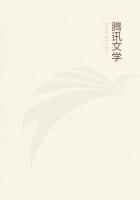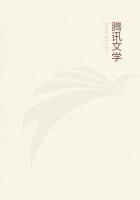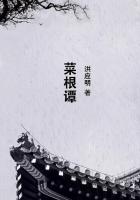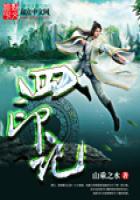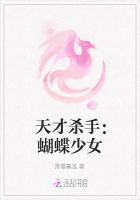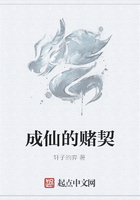The inner necessities of the system are, therefore, of themselves sufficient to explain why a thoroughly revolutionary method of thinking produced an extremely tame political conclusion. As a matter of fact, the specific form of this conclusion springs from this, that Hegel was a German, and like his contemporary Goethe had a bit of the philistine's queue dangling behind. Each of them was an Olympian Zeus in his own sphere, yet neither of them ever quite freed himself from German philistinism.
But all this did not prevent the Hegelian system from covering an incomparably greater domain than any earlier system, nor from developing in this domain a wealth of thought, which is astounding even today. The phenomenology of mind (which one may call a parallel of the embryology and palaeontology of the mind, a development of individual consciousness through its different stages, set in the form of an abbreviated reproduction of the stages through which the consciousness of man has passed in the course of history), logic, natural philosophy, philosophy of mind, and the latter worked out in its separate, historical subdivisions: philosophy of history, of right, of religion, history of philosophy, aesthetics, etc.
-- in all these different historical fields Hegel labored to discover and demonstrate the pervading thread of development. And as he was not only a creative genius but also a man of encyclopaedic erudition, he played an epoch-making role in every sphere. It is self-evident that owing to the needs of the "system" he very often had to resort to those forced constructions about which his pigmy opponents make such a terrible fuss even today. But these constructions are only the frame and scaffolding of his work. If one does not loiter here needlessly, but presses on farther into the immense building, one finds innumerable treasures which today still possess undiminshed value. With all philosophers it is precisely the "system" which is perishable; and for the simple reason that it springs from an imperishable desire of the human mind -- the desire to overcome all contradictions. But if all contradictions are once and for all disposed of, we shall have arrived at so-called absolute truth -- world history will be at an end. And yet it has to continue, although there is nothing left for it to do -- hence, a new, insoluble contradiction. As soon as we have once realized -- and in the long run no one has helped us to realize it more than Hegel himself -- that the task of philosophy thus stated means nothing but the task that a single philosopher should accomplish that which can only be accomplished by the entire human race in its progressive development -- as soon as we realize that, there is an end to all philosophy in the hitherto accepted sense of the word. One leaves alone "absolute truth", which is unattainable along this path or by any single individual; instead, one pursues attainable relative truths along the path of the positive sciences, and the summation of their results by means of dialectical thinking. At any rate, with Hegel philosophy comes to an end; on the one hand, because in his system he summed up its whole development in the most splendid fashion; and on the other hand, because, even though unconsciously, he showed us the way out of the labyrinth of systems to real positive knowledge of the world.
One can imagine what a tremendous effect this Hegelian system must have produced in the philosophy-tinged atmosphere of Germany. It was a triumphant procession which lasted for decades and which by no means came to a standstill on the death of Hegel. On the contrary, it was precisely from 1830 to 1840 that "Hegelianism" reigned most exclusively, and to a greater or lesser extent infected even its opponents. It was precisely in this period that Hegelian views, consciously or unconsciously, most extensively penetrated the most diversified sciences and leavened even popular literature and the daily press, from which the average "educated consciousness" derives its mental pabulum. But this victory along the whole front was only the prelude to an internal struggle.
As we have seen, the doctrine of Hegel, taken as a whole, left plenty of room for giving shelter to the most diverse practical party views.


